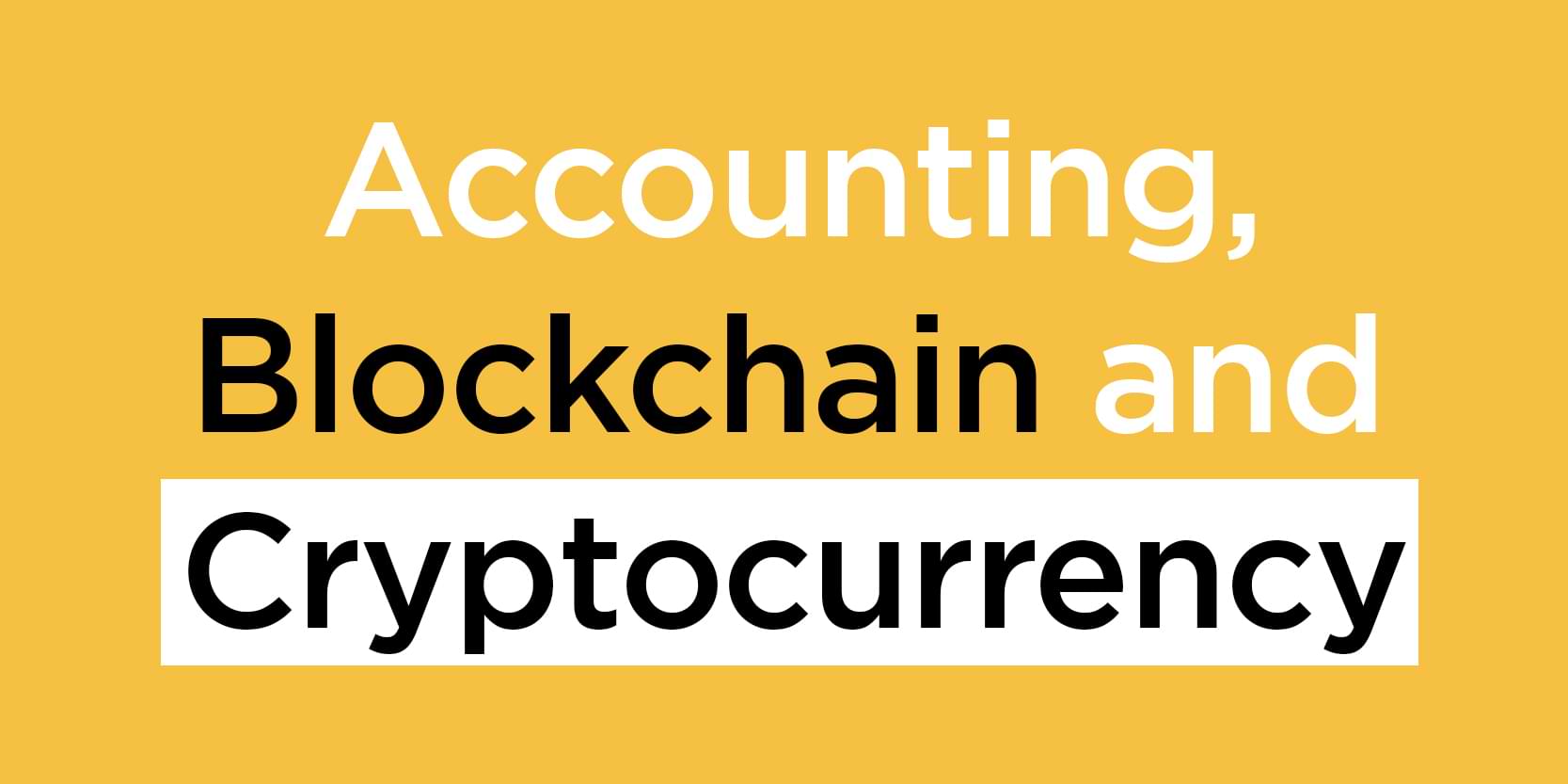
Accounting, Blockchain and Cryptocurrency
- What Can Help Support Your Business?
- What is Blockchain?
- What is Mining?
- What are the Benefits of Using Blockchain Technology for Accounting Purposes?
- Is Blockchain Technology Reliable to Use for Accounting Purposes?
- Is Cryptocurrency Classed as an Asset?
- Is it Easy to Add Cryptocurrency to Your Tax Return?
- Is There an Easier Way to File Crypto Tax?
- What Software is Available?
- Will Cryptocurrency be Usable as Regular Currency?
- What else can we expect to see in Cryptocurrency in 2021?
- Are There Conversion fees With the VISA Cryptocurrency Card?
- What About the Volatility of Cryptocurrency?
- Will Bitcoin Ever be Stable Enough to be Used Alongside Traditional Money?
- How does this Affect the Banks?
- How Does this Impact Big Business?
We live in changing times.
This blog intends to share some time-saving tips, which, in turn, will also help you save money. Contemporary tools have been created to serve you–especially if you run a business. It’s important to utilise these well to streamline your workflow and make life a little bit easier!
One of the most time-demanding tasks involved in running a business is accounting and balancing. Some people have no desire to invest time and energy into their business’s financial side because it isn’t exactly the most creative aspect of entrepreneurship. However, well-managed finances are an important factor that’s present in every successful business.
Here, we’ll tell you all about blockchain accounting software and other things that can simplify the process for you and your business!
What Can Help Support Your Business?
Traditionally, business owners hire an accountant or a bookkeeper to track their finances. Others opt to purchase accounting software, but it still requires an employee to input financial details, which can be time-consuming. Human error is responsible for over 27% of bookkeeping mistakes, which can incur your business up to thousands of dollars each year. In a small business, you–quite literally–can’t afford to make these types of mistakes.
Imagine the ease of having a platform that validates, tracks, and keeps a permanent and unalterable record for your business. While it may sound unreal, it’s an entirely possible business solution–thanks to Blockchain!
What is Blockchain?
Blockchain technology is essentially a database and ledger that keeps track of all transactions and instantly flags any false transactions and potential mistakes. Blockchain records store all transaction data. These can’t be altered once they’re inside the block, which means that your company will be free from issues such as fraudulent employees who may try to tamper with records and steal financial information.
You may have heard of blockchain technology before, and that’s because blockchain is the backbone of cryptocurrency.
As I’m sure you may well know by now, cryptocurrency is a decentralised digital currency that uses blockchain technology to perform transactions. Bitcoin is the most well-known in the world. It was launched in 2009 and was the first successful coin to gain significant public interest. The Bitcoin evolution took centre stage in December 2017 when the Bitcoin price hit an all-time high of $20,000. This was the coin’s claim to fame and is one of the reasons why more and more investors are attracted to the idea of cryptocurrency investments. On the same note, some took a different route and saw value in “Mining.”
What is Mining?
Mining is a process that involves lending your GPU (graphics card) power to process other people’s transactions that happen on the blockchain. It requires you to do nothing beyond having the mining program running in the background. In theory, this can earn you cryptocurrency after you successfully process enough transactions to create a new block on the network (in Bitcoin’s case), but it’s not a get-rich-quick scheme that everyone can afford to participate in.
Mining rigs are notorious for being expensive, and the minefield is so competitive that small-scale, independent miners don’t usually stand a chance against large-scale mining “factories.” However, for some cryptos, such as Bitcoin, mining is the only way to obtain BTC outside of purchasing it from an exchange.
While mining and cryptocurrency investments have been all the rave lately, it’s understandable that there are still people who have reservations concerning virtual currency. It’s important to know that blockchain is an independent identity. That means it has plenty of other uses apart from being the backbone of cryptocurrency, and it most certainly can exist without crypto.
As developers can write smart contracts on the blockchain, they’re able to code custom if-then situations that enable you to empower your business’s record-keeping and validation processes. As a result, the blockchain impact on accounting is much bigger than you might have originally thought!
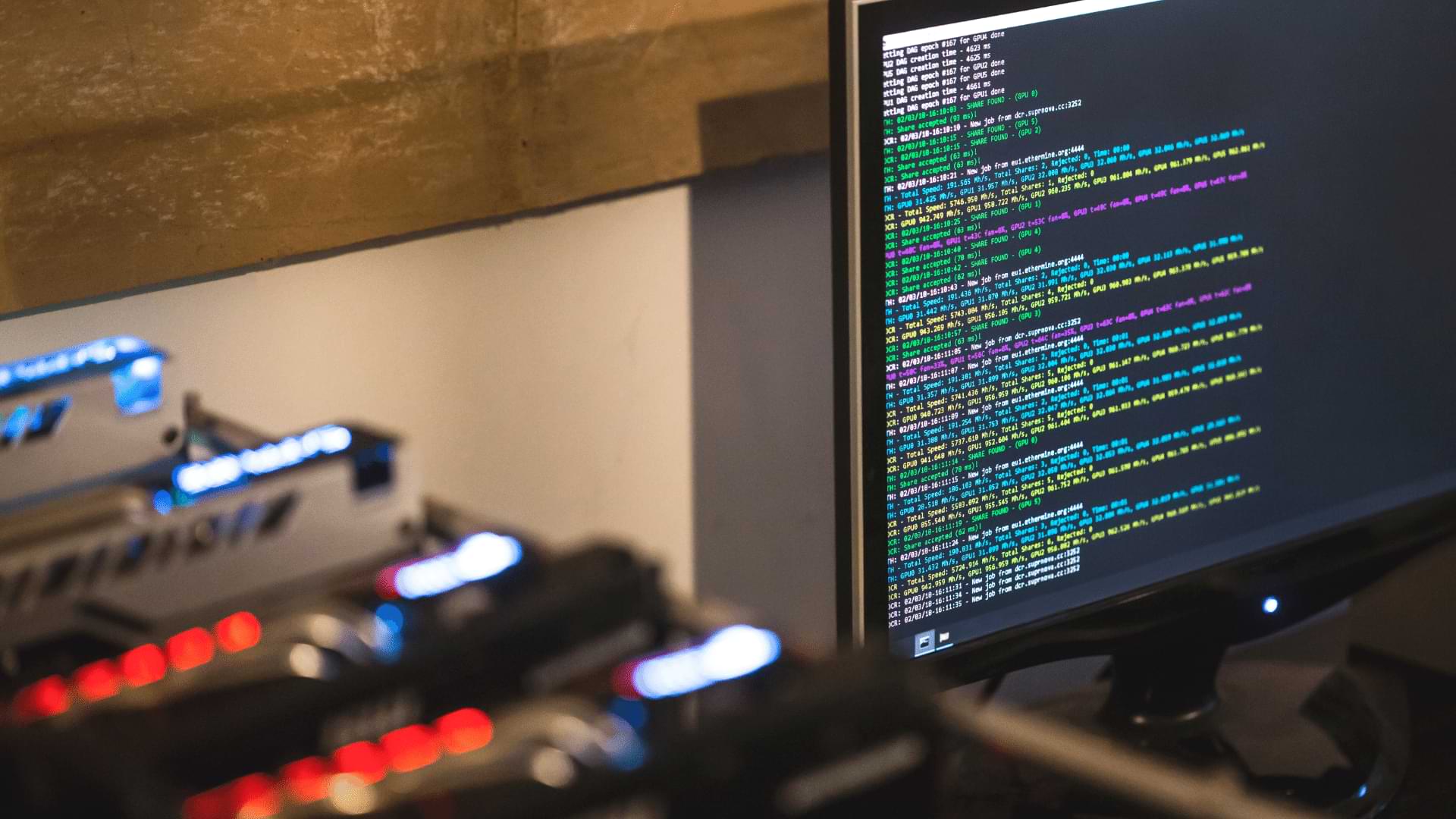
What are the Benefits of Using Blockchain Technology for Accounting Purposes?
-
Absolute Clarity
As an accountant, it can be challenging to get clarity around client assets. By using blockchain in accounting, every asset is linked to its original owner, making it easier for everyone else involved down the pipeline to track the origin and movement of assets. It saves everyone time–including you as a business owner.
-
Reducing Costs
Maintaining ledgers can be both costly and time-consuming. If you’ve been relying on accounting software, then you may be well-aware of the expensive monthly and annual fees, plus limited customer service. Using blockchain accounting technology can alleviate both issues as it doesn’t need to be maintained and is permanent by design.
-
Transparency
Many people will try to hide their income and assets to pay less tax. With blockchain accounting, any asset or expense is recorded and made available for the accountant to see. This feature will reduce the amount of time they’ll consume tracking specific assets and costs, significantly improving productivity. The benefits of client honesty offset the downsides so that they can maximise on their returns. Additionally, triple-entry accounting blockchain is sealed with cryptography, making it immune to fraud and manipulation.
Is Blockchain Technology Reliable to Use for Accounting Purposes?
Blockchains are becoming a lot more user-friendly to use, with straightforward applications for transactions, logging, and transparency. While the system may sound complicated, most of the technicalities are hidden behind the code, so most blockchains actually look like normal software. It’s not difficult to use blockchain accounting software, especially if your company already has experience with traditional platforms–good news for businesses across all industries!
Using blockchain technology will help remove any false claims of ownership by keeping an accurate and immovable record of all transactions. It will also block any inaccurate or invalid transactions, thus eliminating small human errors that are often overlooked. Small mistakes add up to large penalties, after all!
Is Cryptocurrency Classed as an Asset?
Many people wonder about cryptocurrency accounting–about whether coins should be classified as an asset, investment, or a form of income. Right now, government offices, such as “Centrelink” (the Australian equivalent of “Social Security” in the USA), classify them as assets, which means you need to mark them down as such on your taxes and properly report ownership of them.
Is it Easy to Add Cryptocurrency to Your Tax Return?
Cryptocurrency can still be a little difficult to add to your tax as most crypto buyers will use multiple wallets and exchange sites to buy and sell. This means that to add each transaction and coin, you will need to track each transaction and add them individually. It’s one reason why many accountants aren’t fond of dealing with clients who have cryptocurrency assets–there are simply too many little details to backtrack. This instance is one of many where blockchain accounting software shines, as they can handle this load with ease.
Is There an Easier Way to File Crypto Tax?
Surprise, surprise! There’s an app for this exact purpose–and it can be an excellent tool for both accountants and cryptocurrency holds. There are also multiple free tools online that can help you calculate your crypto tax. It will make your accountant’s job much easier and will allow you to get the maximum amount from your tax return.
What Software is Available?
“Accointing” is an excellent example of solid blockchain accounting software that supports cryptocurrency. With this, you can track every transaction you make by integrating it with every wallet and exchange you use. There are multiple cryptocurrency accounting software available on the market, but this is by far the simplest to use.
Will Cryptocurrency be Usable as Regular Currency?
This is a question that many cryptocurrency experts have been asking for years. If it does, it will change the very way we live our lives and pay our taxes, and this is being predicted to roll out as soon as 2021.
What else can we expect to see in Cryptocurrency in 2021?
2021 will be a very interesting year for cryptocurrency as big businesses are starting to see and adopt the practicality of using cryptocurrency as an alternative payment gateway to traditional currency. Companies revolutionising this transition include the likes of Visa and PayPal.
Earlier this month, PayPal announced that they would allow users to buy, store and sell cryptocurrency directly from their platform. This will simplify the process of transferring money from your bank account and onto an exchange site. It will also expose many more people to the world of cryptocurrency as PayPal has over 364 million users who will now have an option to partake in the world of digital coins and tokens.
Another company that’s making waves in mainstream cryptocurrency adoption is Visa, which has partnered up with Coinbase, one of the world’s most significant exchange sites, to create a Visa debit card. Their vision is to allow people to spend their cryptocurrency on real-world products–the same way they do with a bank card.
This works by taking the owed amount directly out of your Coinbase account and converting your chosen cryptocurrency to said coin's cash value. It’s an ingenious idea that will finally see cryptocurrency used alongside fiat money.
This functionality could even give businesses the option to pay employees with either money or cryptocurrency. It will also make blockchain technology and blockchain accounting software more relevant than ever, as all major financial systems can integrate into a robust cryptocurrency ecosystem.
Are There Conversion fees With the VISA Cryptocurrency Card?
The one drawback of the Visa debit card is that there will be some conversion fees associated with it. They do appear to be very minimal at this stage, so it shouldn’t be a huge concern for the meantime. On the grander scheme of things, it’s a minor drawback from something that’s expected to set the stage for a new age of consumer purchase practices. Moreover, it wouldn’t be any different from the usual associated fees, such as transaction and withdrawal costs.
The Visa debit card also comes with a rewards program similar to traditional credit cards, where you can earn points toward cryptocurrency. This program will incentivize people to give the card a try, and will, in turn, help the crypto market move more quickly.

What About the Volatility of Cryptocurrency?
By its very nature, cryptocurrency is volatile. It can change in price at the drop of a hat, which is a big reason why so many people are apprehensive about investing and using it as an alternative form of currency. Some cryptocurrencies, known as Stablecoins, are free from the abruptness of the price jumps–but are not completely immune.
The main reason coins like Bitcoin are so volatile is due to the lack of support they get. However, with the BTC supply being halved every four years and with interest at an all-time high, the coin has been put off the volatility radar for now.
Will Bitcoin Ever be Stable Enough to be Used Alongside Traditional Money?
In the past, we have seen how wild some of the price swings can be, and it’s only recently that Bitcoin has gained some consistency within the crypto market. The Bitcoin price is $47,955 (updated February 12, 2021) at the time of writing, and it has been steadily increasing over the last quarter. A huge concern is for prices to suddenly drop, like what happened in March 2020 due to COVID. But it’s important to know that the entire crypto and traditional investment market was hard-hit by panic sellers who were wary of the pandemic.
It appears that Bitcoin has gained some balance and consistency, which is promising for those who are invested in the idea of it being used as an alternative currency.
The main point to take away from this is if Bitcoin does end up being used as a genuine alternative, it will not have any adverse effects on accountants or your books–all thanks to blockchain accounting software. As it automatically tracks all your transactions, conversions, and exchanges, there’s no need for you to spend hours finding and putting together receipts.
When we look to the future of business transactions, it’s useful to think of ways to make things simpler, faster, and safer–all of which comprise the blockchain impact on accounting.
How does this Affect the Banks?
Right now, the big banks of the world are slightly against the idea of cryptocurrency and blockchain technology due to the potential loss of business on their end. Still, many people are happy with the idea of not going through a big bank to do a simple money transfer, and would instead prefer to do it over a secure ledger.
Although it’s still an infant compared to traditional currency, cryptocurrency appears to be on the cusp of being used alongside money within the next few years in most first world countries. For something like cryptocurrency, which was once called useless and a waste of time, to be positioned as a real alternative for purchasing goods and services, it certainly is a fantastic sign of the times.
How Does this Impact Big Business?
FedEx is the world’s largest delivery company and ships packages across the globe. As such, they have a massive back catalogue of orders, payments, and details that need to be managed. Using blockchain for high-cost cargo is something they have been doing for years. It helps make sure the item is delivered to the right address and courier with accuracy. They’re also able to track each package’s movement from point A to B to C, and Z.
It’s very promising and encouraging for a major company like FedEx to openly adopt this new technology, especially for small businesses that are still wary of moving on to contemporary practices. And FedEx isn’t alone in this journey either. Other major companies, such as Burger King, IBM, Walmart, Mastercard, and Microsoft, are all utilising the benefits of blockchain technology to manage accounting and the supply chain.
It’s useful because big corporations like MasterCard and Microsoft–which are globally traded companies–handle billions of dollars’ worth of products and money each year and need accurate ways of tracking their finances. Blockchain accounting gives them this accuracy and transparency, so their stakeholders can see where their money is going and how it is being used.
Cryptocurrency and blockchain technology are the future of our financial world. To keep up with all the latest news and cryptocurrency prices, take a look at our crypto tracker which lists the hourly prices of all major cryptocurrencies.



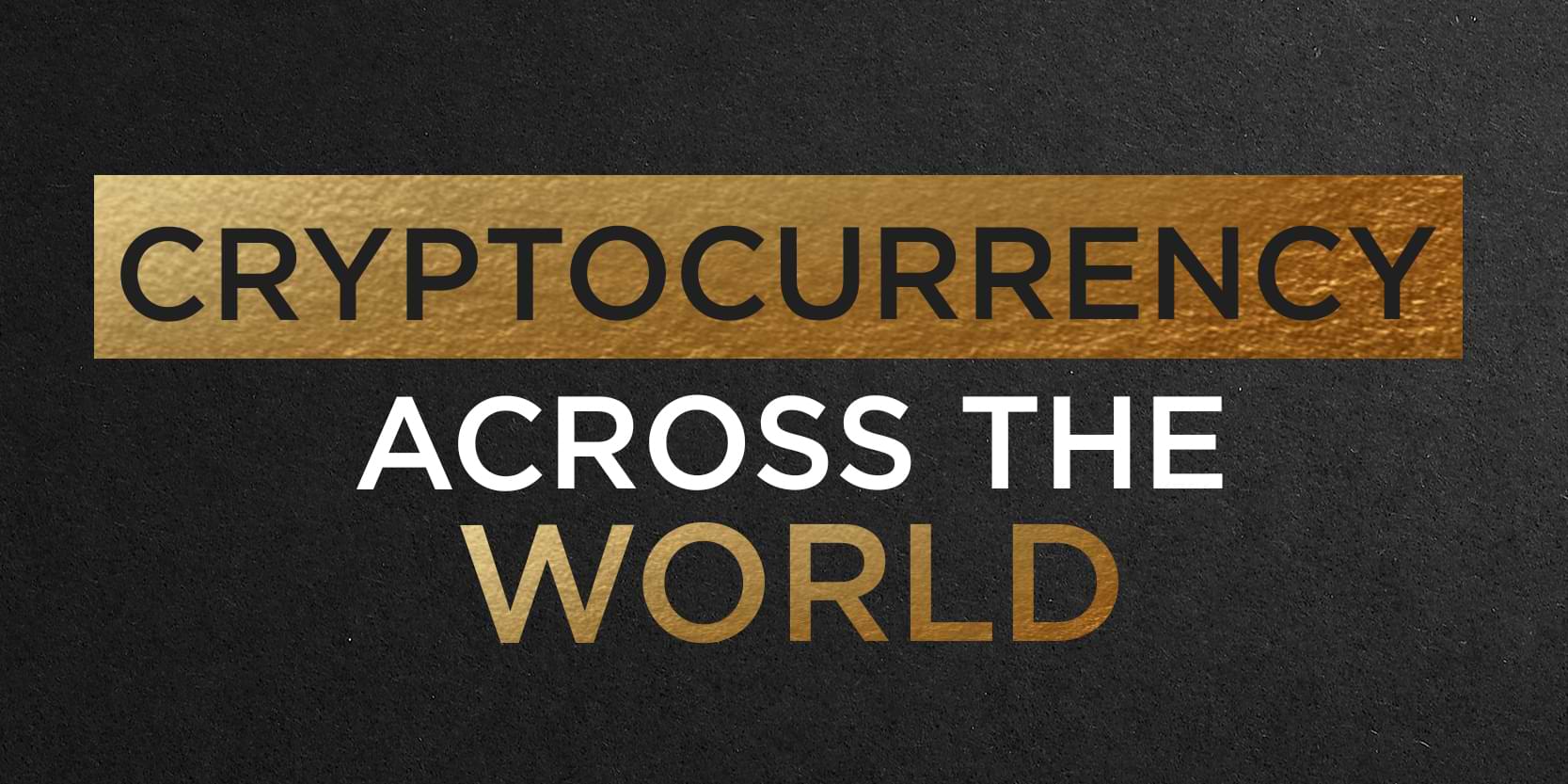
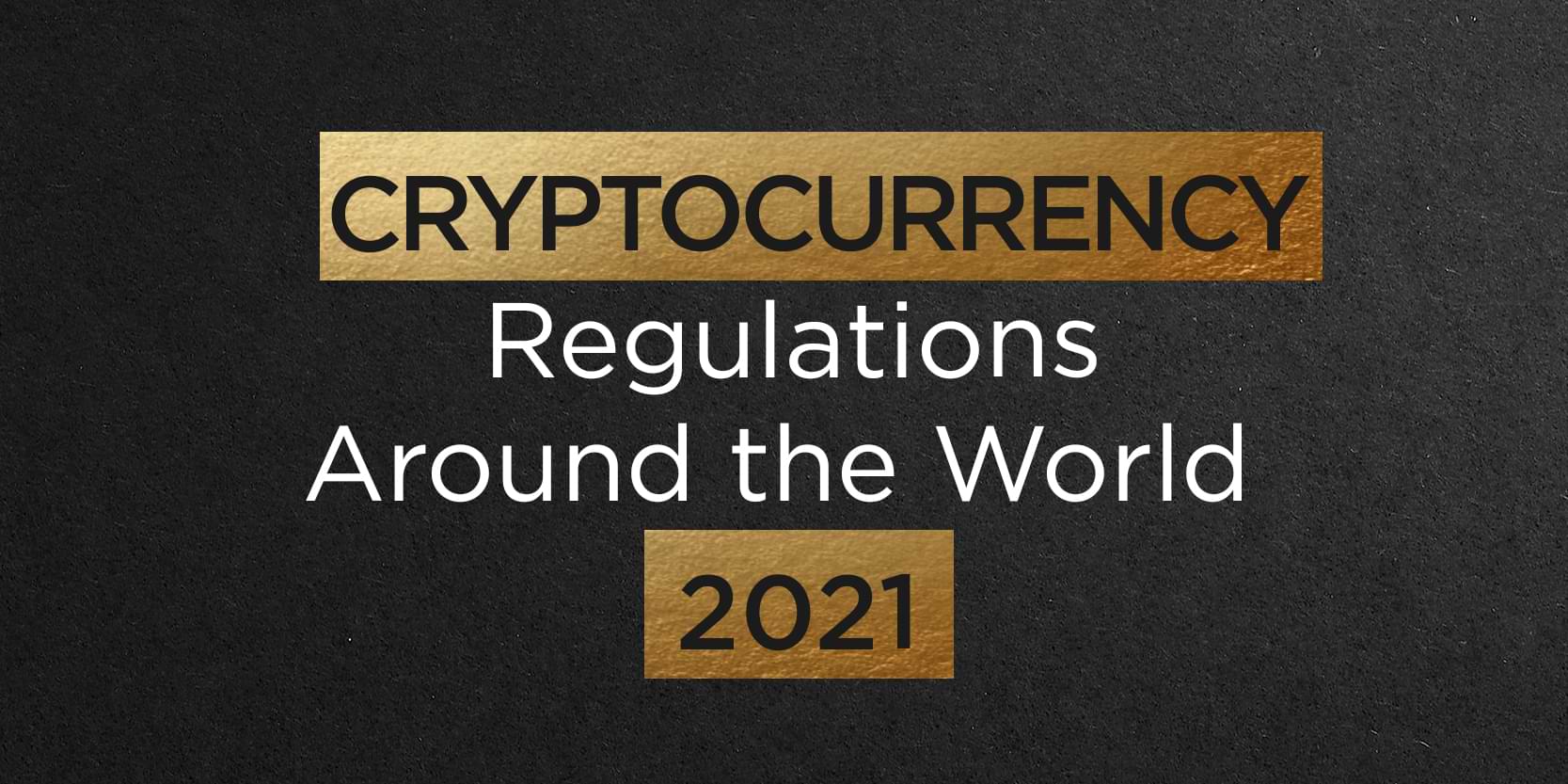
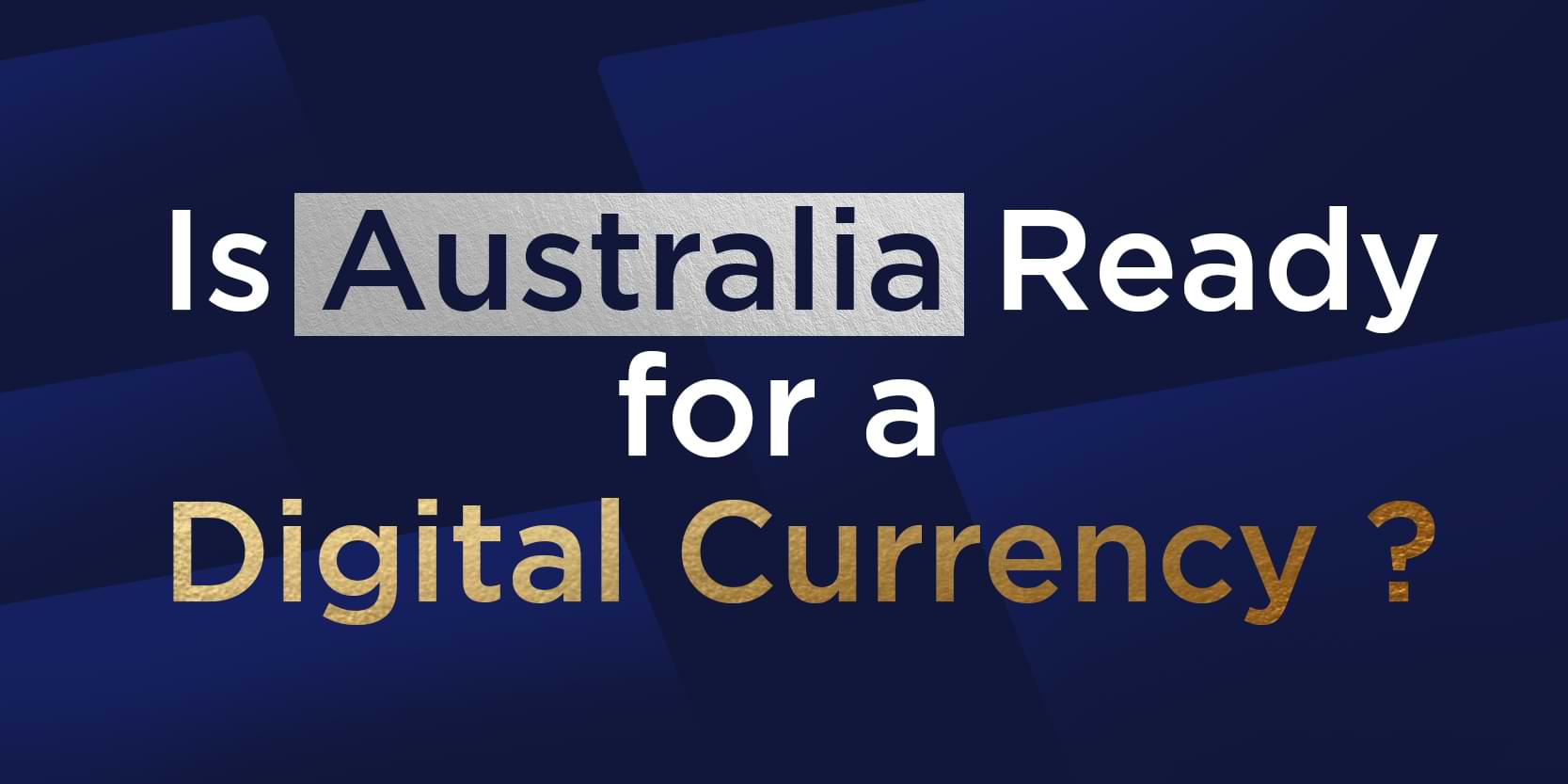
Leave a Reply
26 comments
Add comment ×